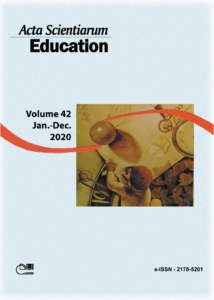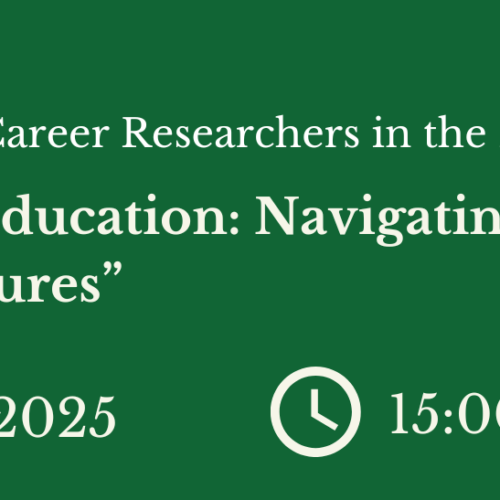History of Education and Covid-19 Interview
History of Education and Covid-19: The crisis of the school in transcribed interviews with African (G. Akanbi, L. Chisholm), American (C. Boto, A. Cerecedo, M. Cunha, A. Bennett-Kinne, H. Rocha, A. Romano, K. Rousmaniere, M. Southwell, G. Souza, M. Taborda, C. Veiga, D. Vidal) and European (M. Depaepe, A. Escolano Benito, J. Magalhães, A. Nóvoa) scholars in history of education.
What possible types of knowledge or devices emerge from research in the History of Education for in-depth understanding and the assessment of impacts of the Covid-19 pandemic in School Education? This question was answered by renowned researchers in the field of History of Education from America, Europa and Africa: Grace Akanbi, Andrea Bennett-Kinne, Carlota Boto, Alicia Civera, Linda Chisholm, Maria Teresa Cunha, Marc Depaepe, Agustín Escolano Benito, Justino Magalhães, António Nóvoa, Heloísa Rocha, Antonio Romano, Kate Rousmaniere, Myriam Southwell, Gizele Souza, Marcus Taborda, Cynthia Veiga and Diana Vidal. The statements focus on: (1) suspension, decline of the school model; (2) territoriality and the right to education: South Africa, Argentina, Brazil, US and Nigeria; (3) places-spaces, times and materials of school cultures; 4) health and divergent sensitiveness in education; 5) de-schooling, old innovations and present time between impositions and resistances.
For the full interviews, please follow the link: http://periodicos.uem.br/ojs/index.php/ActaSciEduc/article/view/54998/751375150638
Tony Honorato and Ana Nery
About author
You might also like
Canadian History of Education Association – Call for Papers
CHEA/ACHÉ 21st Biennial Conference: October 17-19, 2024 The Canadian History of Education Association/Association Canadienne d’histoire de l’éducation brings together students, educators, teacher educators, scholars, and community-based researchers to study the
Post-doctoral Fellowship in History of Education
We hereby announce the opening of a Post-Doctorate Fellow position at the School of Education of the University of São Paulo, Brazil. The post is linked to the São Paulo
CFP: History of Education Review
Julie Mcleod (UMelb), Helen Proctor (USyd) and Tamson Pietsch (UTS) have recently assumed the editorship of the History of Education Review. It is an international journal committed to the publication



